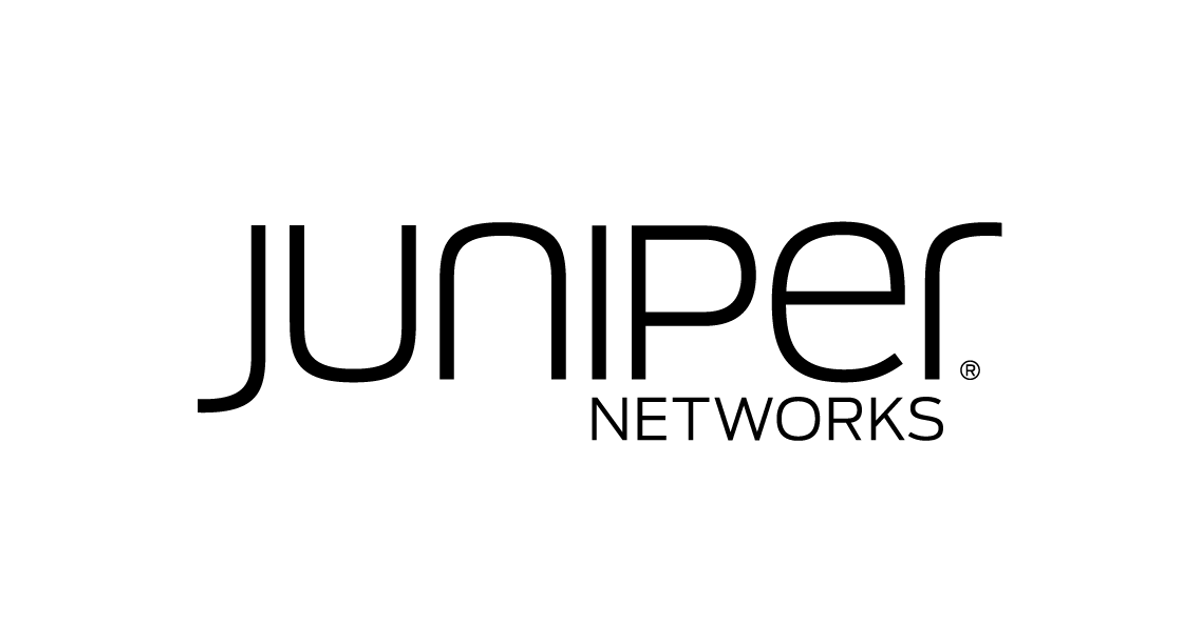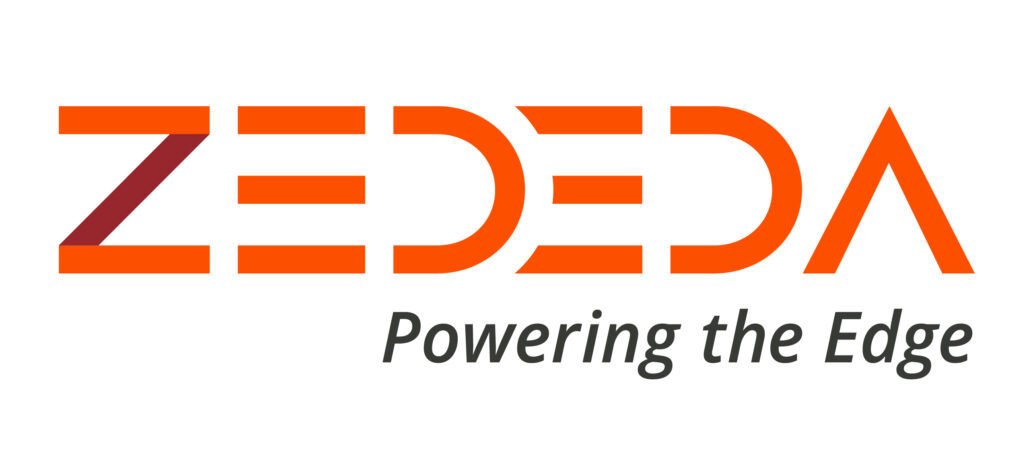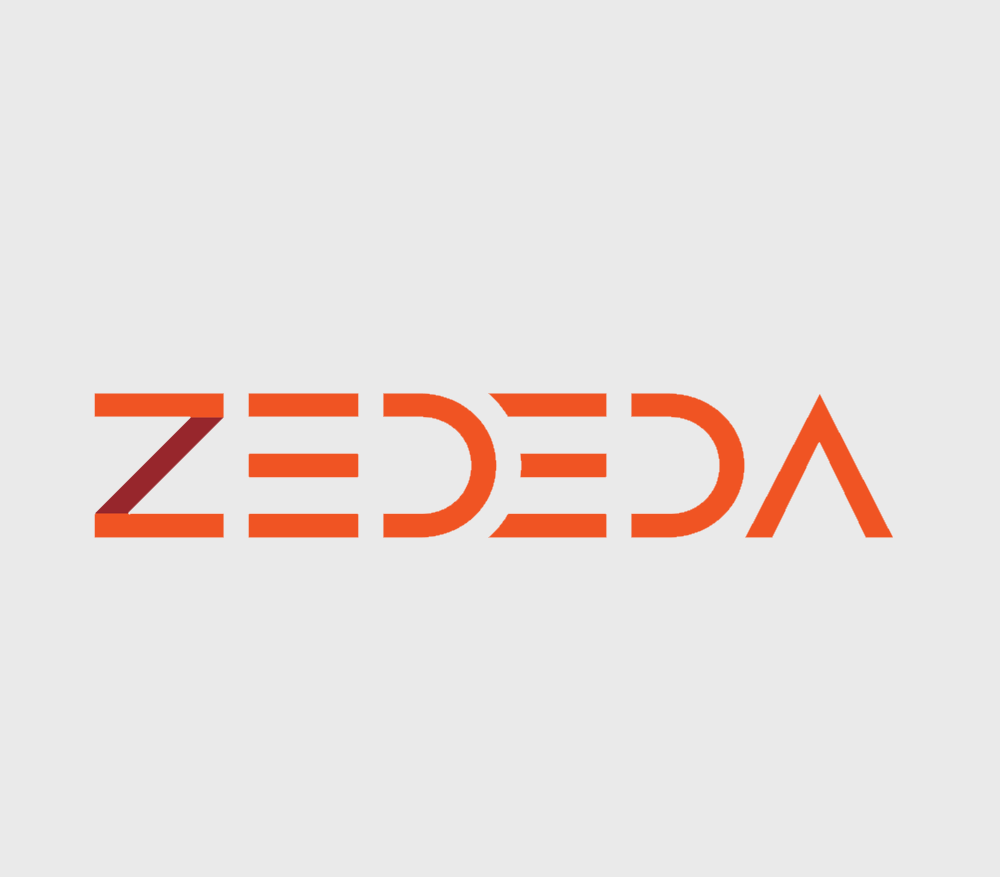
This article was authored by Shelly Rao and was originally published on the Juniper Ventures blog. It is reprinted here with permission.
Juniper Ventures’ Series B Investment in ZEDEDA
Juniper Ventures is thrilled to announce its Series B investment in ZEDEDA , a pioneer in edge virtualization. Since the original investment in 2018, we continue to be impressed by ZEDEDA’s execution and its team’s ability to meet the ambiguous and evolving demands of today’s enterprise edge market. ZEDEDA’s cloud-native solution eliminates vendor lock-in and simplifies the deployment and full lifecycle management of both hardware and software applications at scale. The platform supports a diverse set of hardware with Zero Trust security and is scalable through flexible application deployment models — enabling users to leverage existing infrastructure investments alongside modern, cloud-native innovations.
The Edge is Exploding
The world is ever-changing, and the pandemic has accelerated adoption of public cloud infrastructure and platform services by several years. Enterprises see this as an opportunity to modernize their networks by making infrastructure investments in edge locations — from within the enterprise, both IT and OT, to external, remote sites — to get closer to their end users and preserve greater value from sensor data at the edge. Today, 99% of such data is discarded. IDC estimates there will be 55.7 billion connected IoT devices (or “things”) by 2025, generating almost 80B zettabytes (ZB) of data. Additionally, it’s expected that 75% of these devices will be created and processed outside the data center and cloud.
Concurrent with an explosion of edge devices, capital spending on edge infrastructure is on the rise. From a market perspective, we believe the estimates for IoT TAM market sizes are largely over-reported and uninformative. It’s more meaningful to assess the migration of IT and OT workloads to the edge. Worldwide spending on edge computing expected to grow by 15% to $176 billion this year. Firms worldwide are on track to spend $240 billion on edge computing through 2024. Additionally, the Linux Foundation is predicting Global Edge Computing Infrastructure Market to be worth up to $800 billion by 2028. As an industry, it’s likely that we’ll be witnessing a steady increase in edge investments across both OT and IT in enterprises in the decades to come.
As the amount of edge assets and data explodes, orchestration solutions that provide management and security for distributed edge computing need to scale massively in terms of hardware and application instances, nodes and locations. They need to be flexible to enable a diverse mix of deployment architectures (i.e., legacy hardware running concurrently with new software on the same hardware), business models and skill sets spanning OT to IT organizations. They need to be fully automated, centrally managed and enable autonomous operation in the field to maximize uptime for critical operations. Finally, distributed edge orchestration solutions must be built from the ground up to address the unique security requirements of compute nodes that are located outside of physically secure data centers and may not have a defined network perimeter. Traditional data center orchestration and security solutions are not suitable for the distributed edge because they are not built with these unique requirements in mind.
ZEDEDA — Extending Cloud to the Edge
ZEDEDA’s mission is to build the “last” cloud solution for enterprises by extending the cloud experience to the distributed edge with maintaining universal compatibility across software, hardware, edge assets and cloud service providers — enabling a truly streamlined experience that can evolve with its users.
Since its founding in 2016, the company has proven product market fit and established itself as a thought leader in edge computing with a robust roster of F500 customers.
Further, ZEDEDA’s model is highly defensible with key advantages that can be categorized into four main pillars:
1) Virtualization: A critical piece for the far edge, especially as we’re seeing an increasing number of legacy Windows applications running factory equipment, while simultaneously, these applications are being modernized and would need to run on multiple runtimes on the same hardware.
2) Security: Every customer that ZEDEDA sells to has extensive security requirements. This is a meaningful moat between ZEDEDA and competitors. At the silicon level, ZEDEDA requires Trusted Platform Module (TPM) for the hardware root of trust. There is crypto-based identification, encryption at rest and in transit and a measured boot with required remote attestation before the device can connect to the network. There is also a distributed firewall between applications and port isolation on the physical device. The device itself has no username or password and, once connected to the ZEDEDA cloud, users can’t connect to it any other way. Once the bare metal device is bonded with EVE and EVE connects to the ZEDEDA cloud, it becomes a complete secure end-to-end connection.
3) Open Source: Many of ZEDEDA’s customers have deployments globally and an open sourced platform like EVE-OS is a safe harbor that helps reduce overhead in compliance and import/export regulations. Designed to work one-on-one with the hardware and support orchestration at any scale, the ability to leverage ZEDEDA cloud is a key proprietary advantage. Any large-scale deployments can’t be scaled commercially unless they have both virtualization and open source services from ZEDEDA.
4) Cloud Management: Currently, ZEDEDA’s orchestration and virtualization capabilities are critical differentiators from other offerings. Its interoperability with a wide range of hardware, combined with an ability to interact and integrate with legacy and newer applications and OS, makes ZEDEDA compelling to enterprise OEMs and service providers who need to innovate and operate at scale.
In addition to ZEDEDA’s visionary platform, the team is led by technology industry pioneers experienced with successfully building, growing and selling established businesses. ZEDEDA’s founders (Said, Erik, and Roman) are experts responsible for leading open source development, IETF, product at Ericsson, Juniper Networks (we support our thriving alumni network) and Cisco with extensive knowledge navigating new markets.
We believe that ZEDEDA has found its “grip” in the highly fragmented and disjointed edge compute market. It has successfully designed a visionary platform with the unique capability of evolving and scaling with the discrete needs of enterprise users, on the back of a community-driven, open source platform to ensure continuity. This enables enterprises to modernize through decreased redundancy, increased productivity and cost savings.
About Juniper Ventures
Juniper Ventures is the corporate venture arm of Juniper Networks. As part of our mission to connect everything and empower everyone, we’re always on the lookout for early-stage start-ups whose visions align with ours.
We invest in early-stage technology companies that are strategically aligned with Juniper. We’re constantly looking for companies that are on a mission to disrupt. Companies that solve the most challenging problems that businesses facing today and in the near future.
Our philosophy is to invest in a limited number of companies, forging close relationships to drive mutual success. We are founder-friendly and are straightforward and collaborative in our approach. We believe that strong support of our portfolio companies ultimately serves not only those companies, but also Juniper Networks and its customers.
If your startup has both the vision to redefine known boundaries or create new markets where none exist today, please feel free to connect with me.
Email: [email protected]
Disclaimer
The opinions expressed in this publication are those of the author. They do not purport to reflect the opinions or views of Juniper Networks or its members. The designations employed in this publication and the presentation of material therein do not imply the expression of any opinion whatsoever on the part of the Juniper Networks concerning the legal status of any country, area or territory or of its authorities, or concerning the delimitation of its frontiers.




